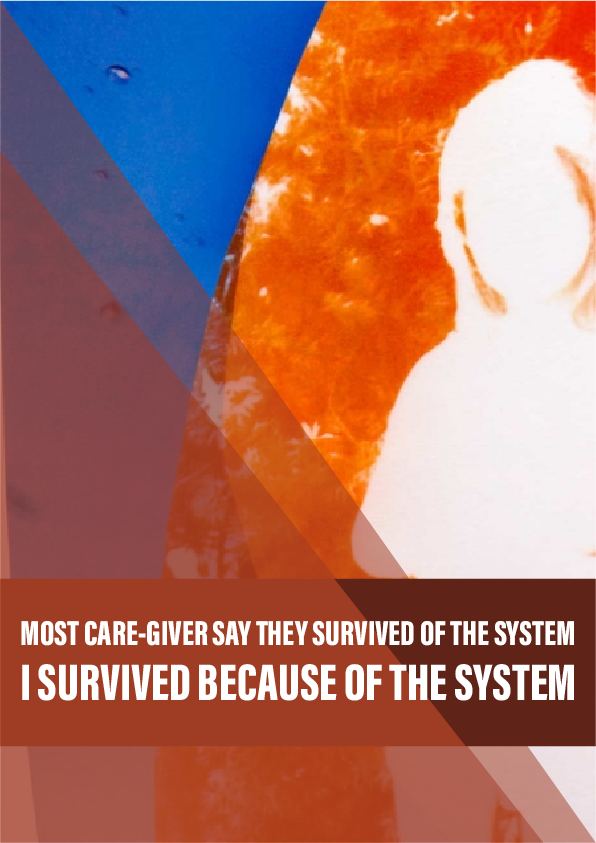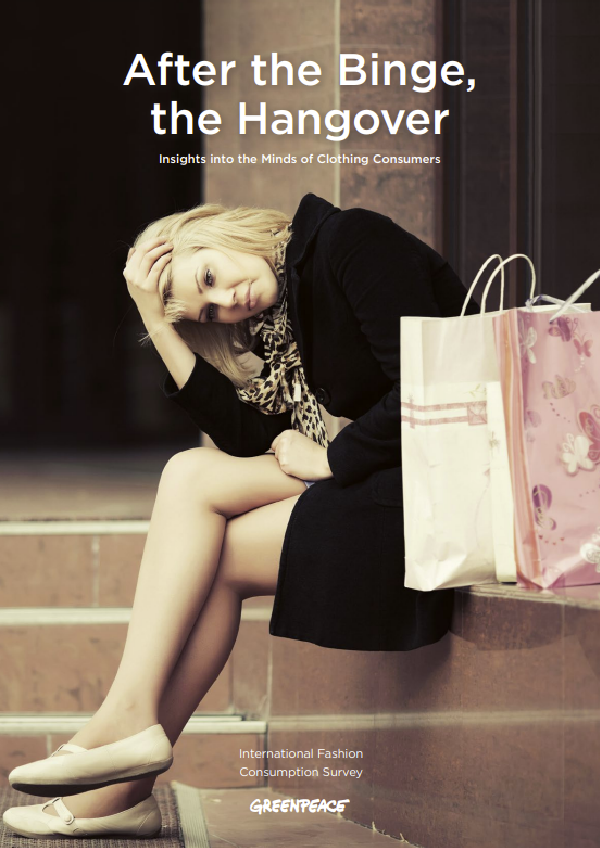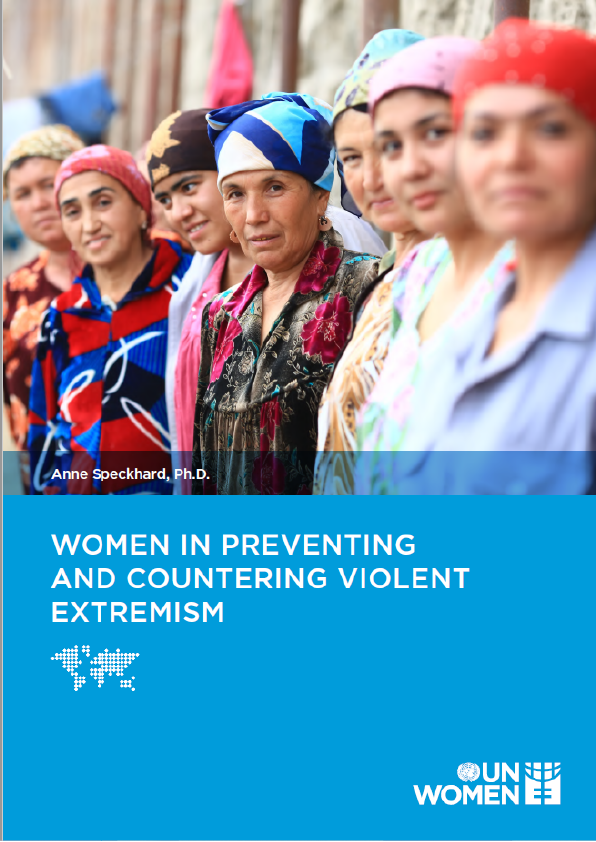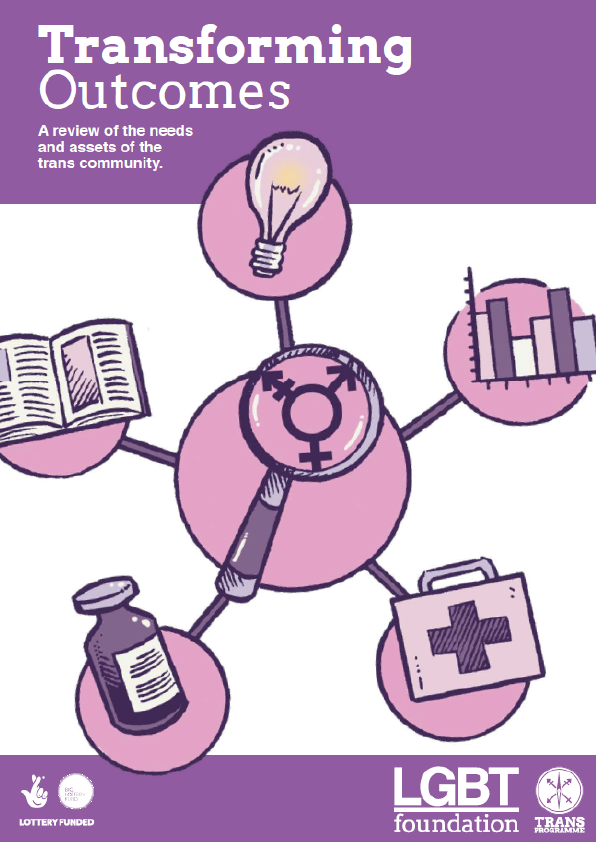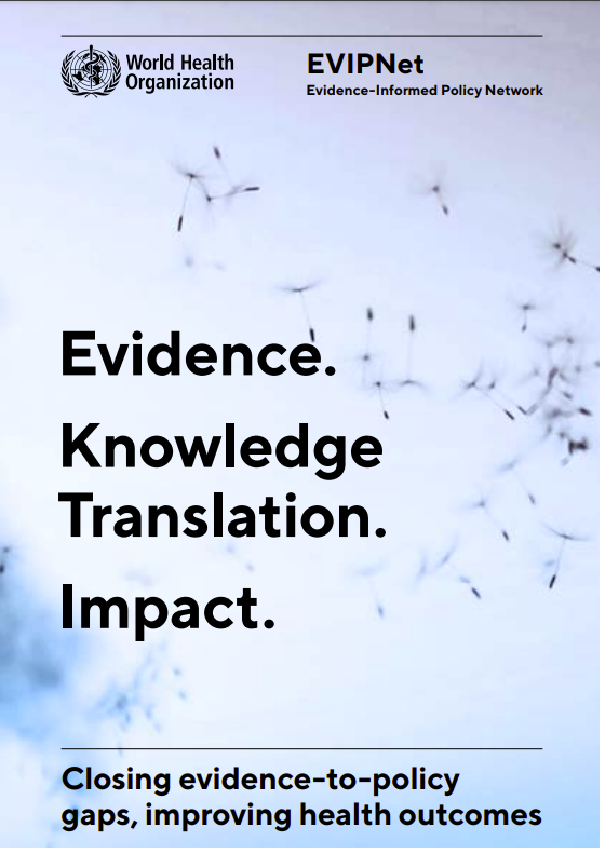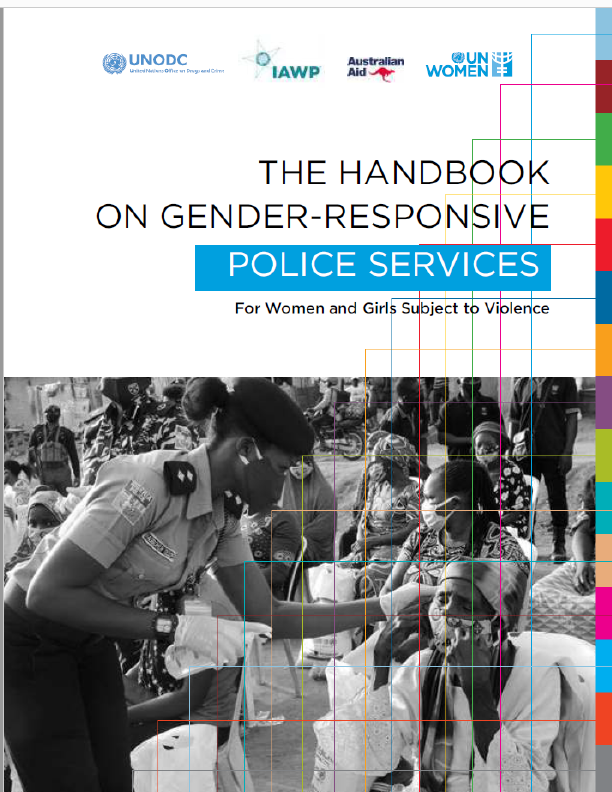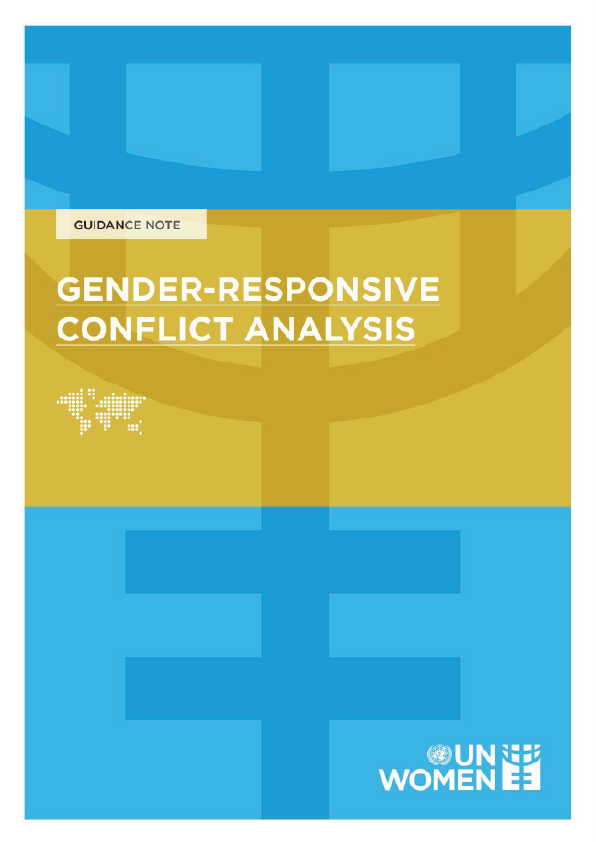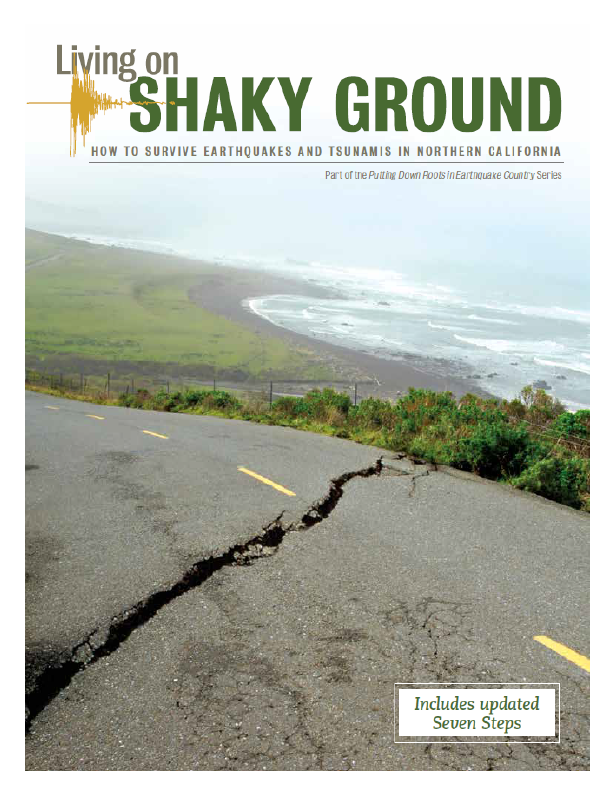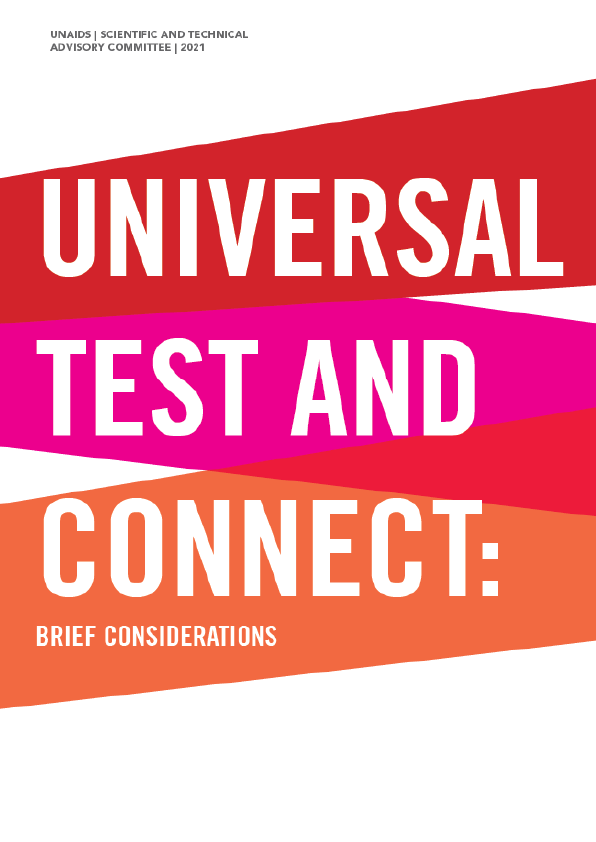At a conference in September 2016, Áine Kelly was telling a group of academics about her work. She is studying for a PhD at the University of Oxford, where she focuses on the health experiences of children and young people in care. But when she happened to mention that her interest had started because she herself had grown up in care, the tone of the conversation changed.
The respect given to a fellow academic instantly evaporated and she found herself being talked down to. One of them asked her if she thought extra allowances had been made for her to get into Oxford. She laughs now, but this exchange still rankles. Why should anyone think that experience of the care system makes a person any less able to study it? And, more importantly, to change it for the better?
Yet, historically, the very people who know most about the system from the inside have been denied a voice when it comes to making sure it is as good as it can be. Instead, other experts – medical, legal, political – have been given much more power. Things are changing, though, as service providers are realising that they just don’t have the full range of expertise unless they genuinely involve people with direct experience of using their services. This is not just in social care, either. Members of the public, including carers and patients, are being included in research and reform in all kinds of health areas, right from the start.
In many ways, Áine Kelly is a living example of this combination of expertise and experience. But as she has discovered, some people still struggle to acknowledge the benefit it brings.
Reference:
